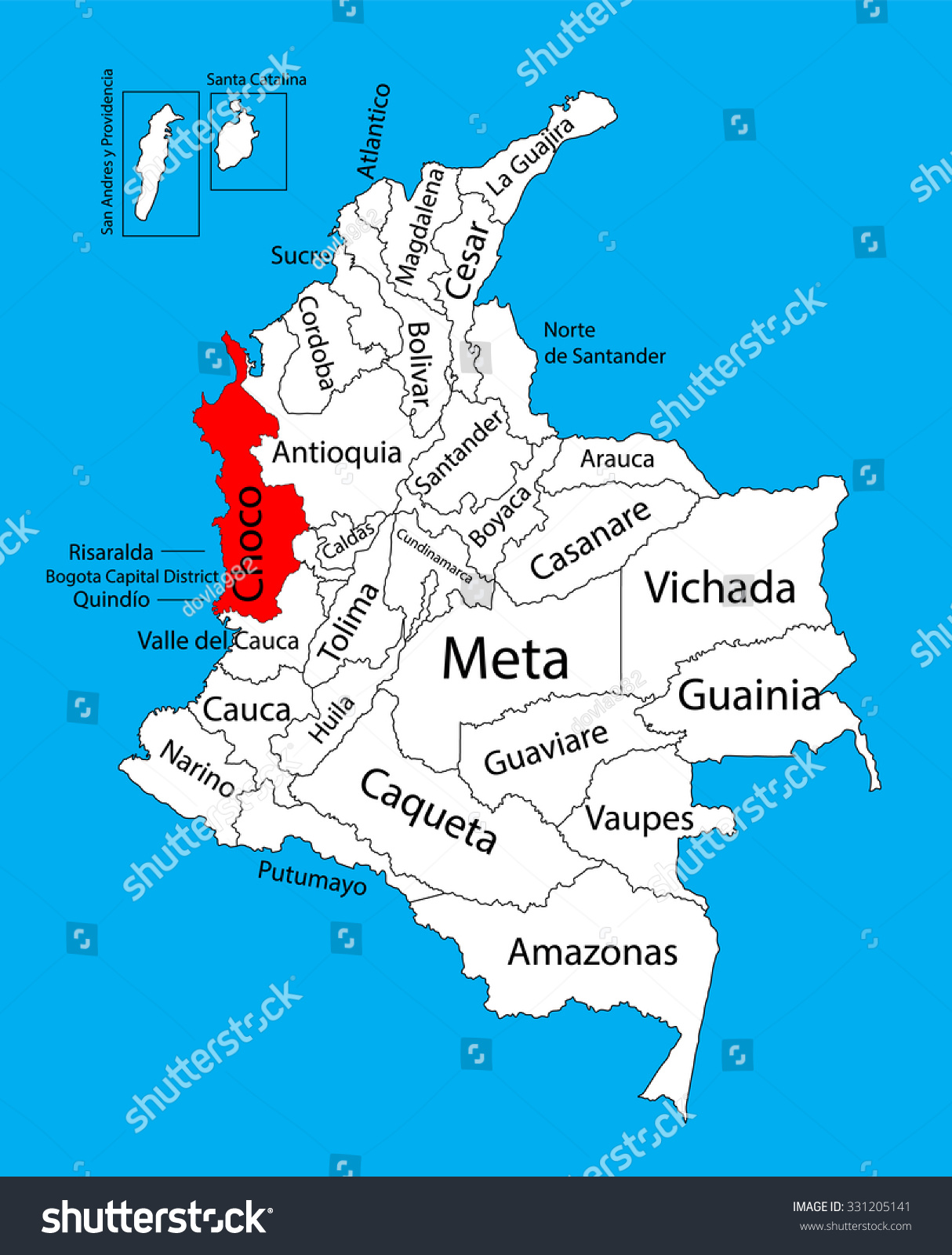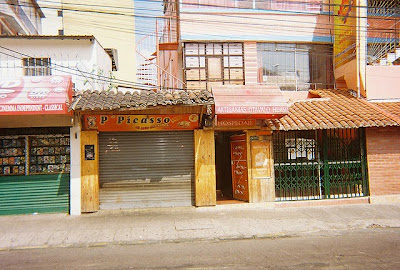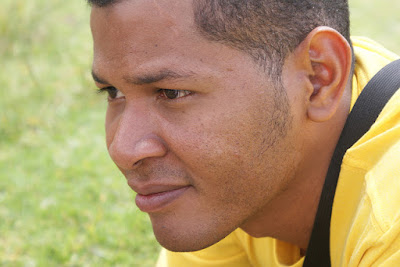A portrait if Colombia's first black president was doctored to make him look whiter.
Juan José Nieto Gil (June 24, 1805 – July 16, 1866) was a Colombian politician, army general, and writer who held several political offices before becoming the first Afro-Colombian to rise to the office of president at the end of the 19th century. Yet you will not find him in a single history book.
While many Americans, with their own racial issues, are proud to let the world know they've elected their first black president, the Colombians kept theirs hidden for over a century. He was finally rediscovered in the late 1970s by a Colombian historian and sociologist who spent his entire life trying to do justice to the forgotten politician, it was not until his death that the Colombian media recognized their first black president.
The red portion of the map of Colombia, South America is the prdominiately black province of Chocó were former president Nieto was born.
When his portrait was painted just before he became president, it was immediately sent to France where it was whitened and altered to make Nieto Gil appear more "worthy" for the elite of his home town of Cartagena who were racially very closed. The painting was then "re-darkened" in 1974, when the Colombian historian and sociologist found it. But it was only recently that it was displayed in a Cartagena museum.
It was not only because of the color of Jose Nieto Gil’s skin that his legacy was disrespected, but because he came from Colombia’s Caribbean coastal province of Chocó, which is largely populated by people of African descent and has always been considered marginal by the central power in Bogota, the nation’s capital.








